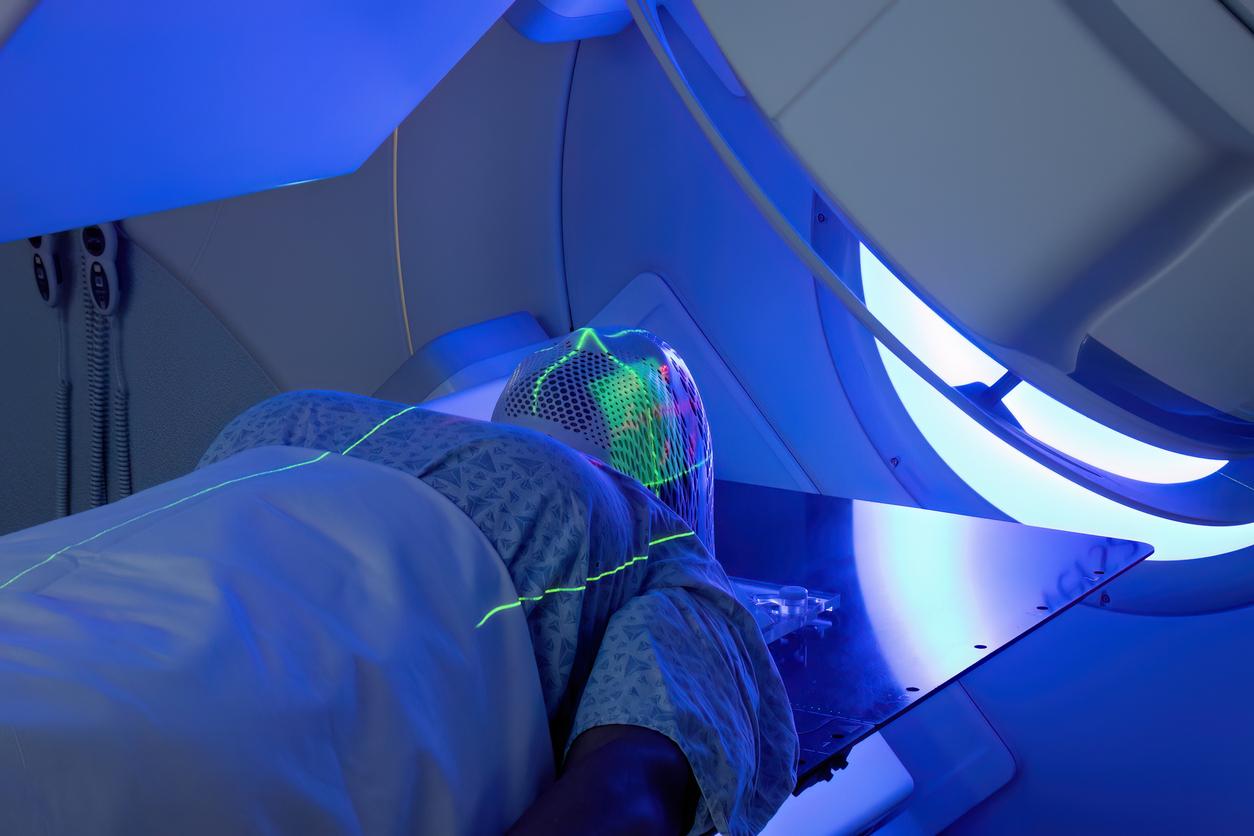What if it was possible to detect the risk of breast cancer in a woman in advance? with saliva ? Each year around 55,000 women and 370 men are diagnosed with breast cancer in the UK. And researchers at the University of Manchester have tested the effectiveness of a saliva test that could identify nearly half of women who will get breast cancer in the next decade. At the same time, it could save the lives of thousands of women under 50.
The researchers conducted a study to analyze the risk of breast cancer in nearly 2,500 women using a saliva test, looking for more than 300 genetic differences. Among women followed for an average of ten years, 644 had breast cancer. And the test, alongside family history information and breast density measurements, accurately predicted a higher risk in just under 50% of women who have had breast cancer. In the long term, the test could be more effective than mammography in detecting the disease. Indeed, it is, in most cases, only offered to women over 50 years of age.
“If all of these women took drugs to prevent breast cancer, it could prevent a quarter of breast cancer cases and potentially save the lives of 2,000 women a year.“, rejoiced Pr Gareth Evans, principal investigator of the study. Thanks to this test and the assessment of the risk of breast cancer, women at moderate or high risk could be offered mammograms earlier and more regular, thus avoiding an additional hundred cases per year.”This is particularly important for women under 50, who account for one in five cases of breast cancer“, continues the researcher.
More screening for women at ‘moderate to high’ risk
The researchers would even like this test to be deployed to women under 30. According to the study, one in 50 women with breast cancer had mutations in the BRCA1 or BRCA2 genes that increased their risk of contracting the disease. Nevertheless, these genes remain rare, and the study of other genetic variations remains necessary.
A total of 48% of women surveyed who developed cancer were at “moderate or high” risk for breast cancer. Conversely, one in five women was found to be at lower risk, either less than 2% chance of getting breast cancer. High-risk women may therefore need more screening, while one in five low-risk women would only require less frequent mammograms.
This device was welcomed by Sajid Javid, the British Health Secretary as “promising” new research. “We are constantly monitoring innovative research like this to help inform our approach and get patients treated faster.“, he said. This saliva test should sell for around 250 pounds (or around 295 euros), a minimal cost next to a complete treatment for breast cancer.
Source :
- Reducing the riskUniversity of Manchester
Read also:
- Male breast cancer: being sterile would double the risk
- Triple-negative breast cancer: early diagnosis necessary
- Breast cancer: soon a drug for the most serious forms?
















